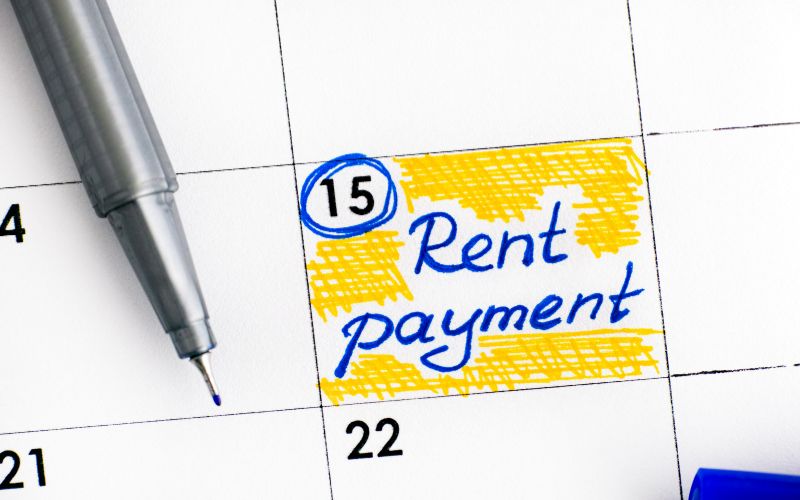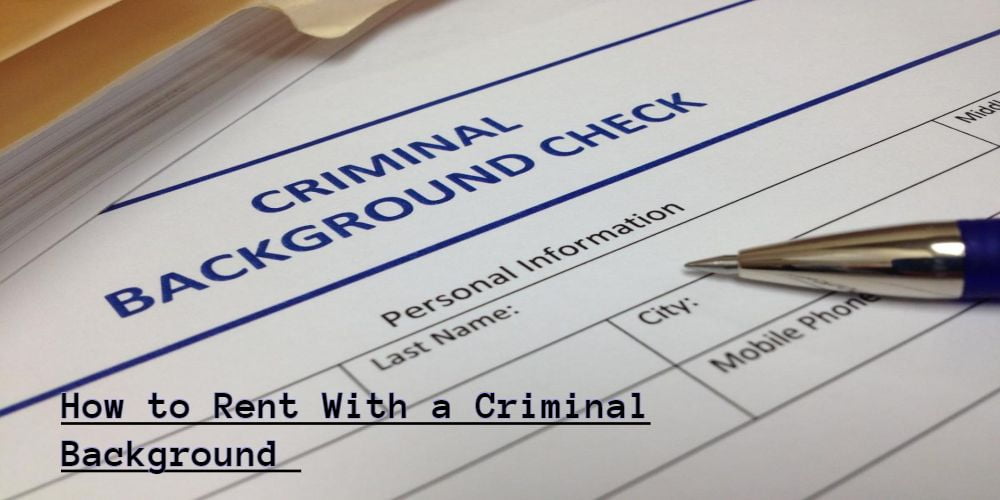Last Updated on March 18, 2024 by Kelvin Nielsen
If you’re a tenant in Florida, you may be wondering about the state’s rent increase laws. As a renter, you have certain rights and protections under Florida law, and it’s important to understand how these laws affect your lease agreement.

Under Florida law, landlords are generally allowed to increase rent as much as they want, as long as they provide proper notice to tenants. However, there are some exceptions to this rule. Such as, if the lease agreement includes rent control provisions or if the increase is deemed retaliatory.
As a tenant, it’s important to know your rights and understand the terms of your lease agreement to ensure that you’re not being taken advantage of.
Related Posts:
- Florida Health Codes for Rental Properties
- Can a Tenant Withhold Rent for Repairs in Florida?
- Florida Lease Renewal Laws
Understanding Florida Rent Increase Law
If you’re a landlord in Florida, you may be wondering how and when you can increase your tenants’ rent. Florida law provides landlords with certain rights, but also imposes limitations and requirements that must be followed.
Legal Framework for Rent Increases
Under Florida landlord-tenant law, a landlord can increase rent if there is a rental agreement in place. If the lease term has expired, and the tenant is on a month-to-month lease, the landlord can increase rent with proper notice.
If the tenant is on a fixed-term lease, the landlord cannot increase the rent until the lease term has expired.
Notice Requirements for Rent Increases
In Florida, landlords must provide written notice to tenants before increasing rent. The notice must be provided at least 30 days before the rent increase takes effect.
If the tenant is on a fixed-term lease, the landlord cannot increase the rent until the lease term has expired. If the tenant is on a month-to-month lease, the landlord can increase the rent with proper notice.
Limitations and Restrictions
Florida does not have rent control laws, so landlords are generally free to increase rent as they see fit.
However, landlords cannot discriminate against tenants when increasing rent. Discrimination based on race, gender, religion, or other protected characteristics is prohibited under the federal Fair Housing Act and Florida landlord-tenant laws.
If a tenant believes that a rent increase is discriminatory or violates the terms of their rental agreement, they may have the right to challenge the increase in court. Landlords should be aware of their obligations under Florida law and ensure that they follow the proper procedures when increasing rent.
Related Posts:
- Florida Air Conditioning Laws
- Landlord Rights in Florida
- How Long Does a Landlord Have to Fix Something in Florida?
Frequently Asked Questions
What is the maximum allowable rent increase per year in Florida?
In Florida, there is no maximum allowable rent increase per year. Landlords can increase the rent as much as they want, as long as they provide proper notice and follow the rules set by the state.
Is there a rent control policy currently in effect in Florida?
No, there is no rent control policy currently in effect in Florida. Landlords are free to charge whatever rent they want, as long as they follow the rules set by the state.
What is the required notice period for a landlord to increase rent in Florida?
In Florida, landlords are required to provide a written notice to tenants at least 30 days before increasing the rent. If the tenant has a lease, the landlord can only increase the rent once the lease expires.
Is there a limit to how much a landlord can raise rent by?
No, there is no limit to how much a landlord can raise rent by in Florida. However, the landlord must provide proper notice and follow the rules set by the state.
Can landlords raise rent unfairly in Florida?
No, landlords cannot raise rent unfairly in Florida. They must follow the rules set by the state and provide proper notice to tenants before increasing the rent.
What recent changes have been made to rental deposit regulations in Florida?
In 2019, Florida passed a law that requires landlords to return security deposits within 15 days of the tenant moving out. Landlords are also required to provide an itemized list of deductions from the security deposit.
Can tenants withhold rent in Florida?
Tenants can only withhold rent in Florida if the landlord fails to provide essential services, such as water or electricity. The tenant must provide written notice to the landlord and give them time to fix the issue before withholding rent.
Disclosure: The content herein isn’t a substitute for advice from a professional attorney. It’s only meant to serve educational purposes. If you have a specific question, kindly seek expert attorney services.
Sources: FL Statutes Chapter 83 Part II, Florida Renters Rights Guide

Amanda Rose is a seasoned landlord with 13+ years of expertise in overseeing diverse properties. Her adept management spans single and family homes, along with multi-family apartments and condos, across Wyoming and South Dakota. Her commitment and proficiency have cemented her status as a thriving property management professional.
She is a member of the following organizations: Wyoming Landlord’s Association, National Association of Residential Property Managers (NARPM), Wyoming Apartment Association, South Dakota Multi-Housing Association (SDMHA), and South Dakota Landlord Association (SDLA).







